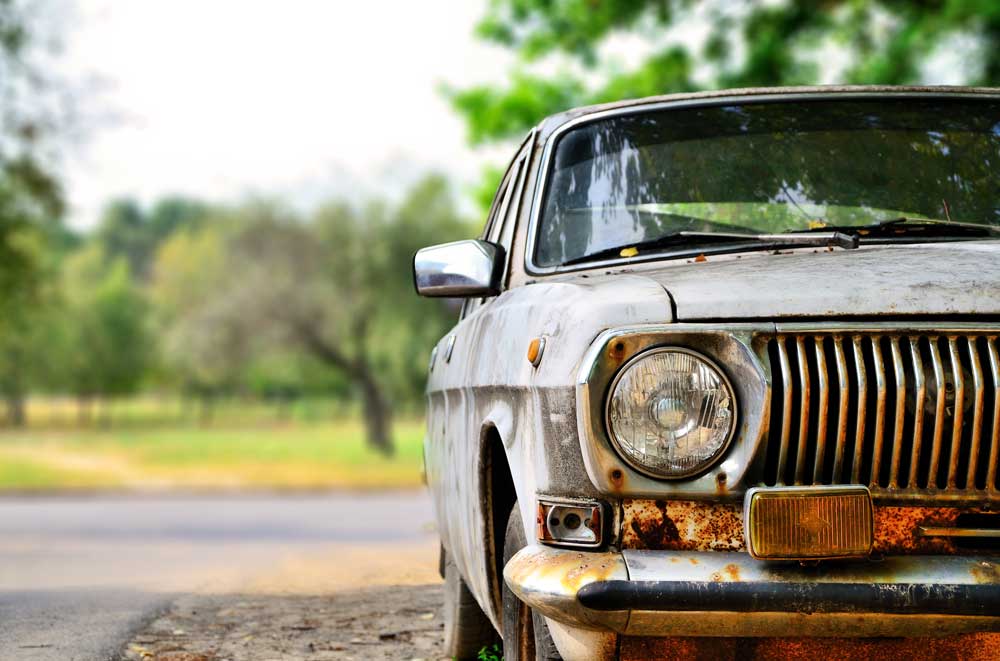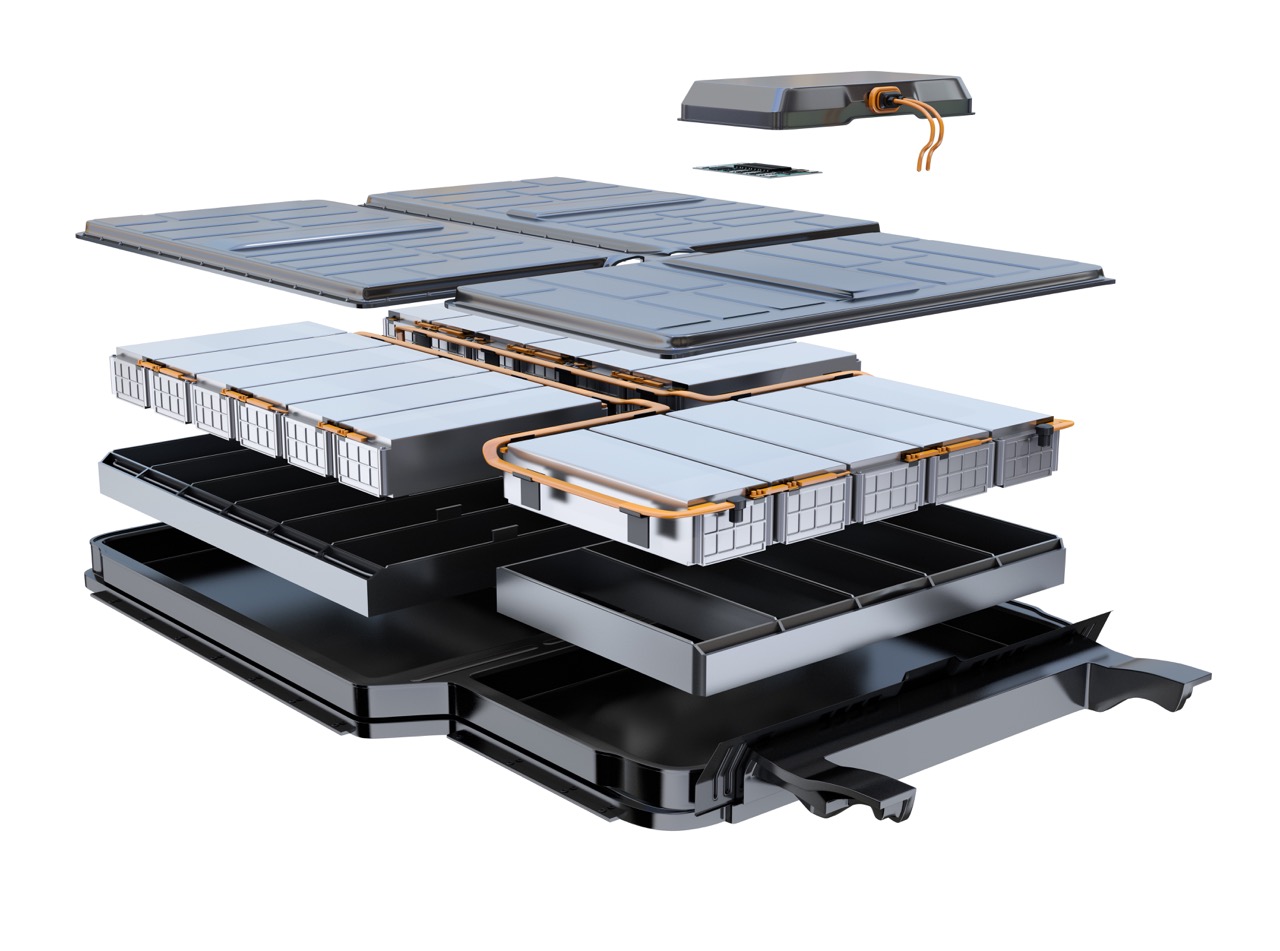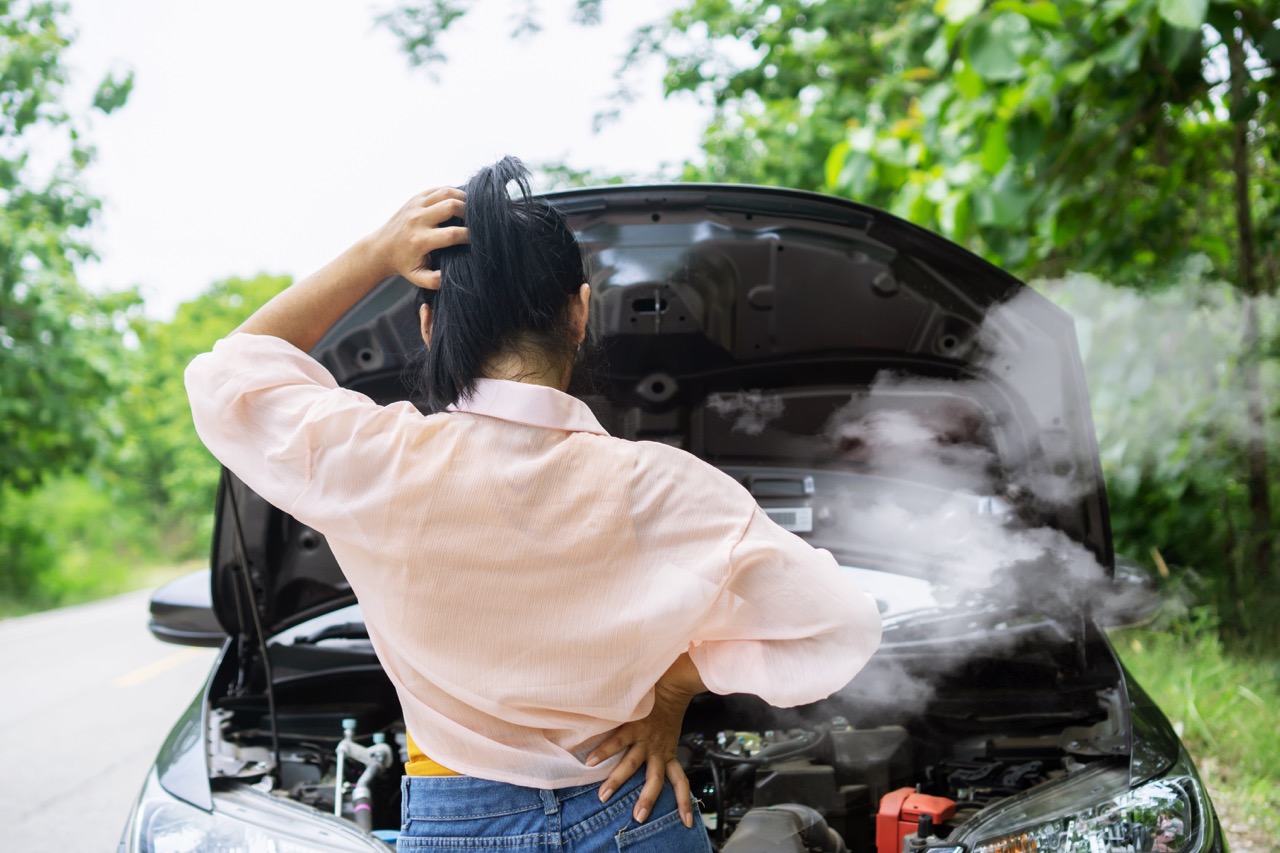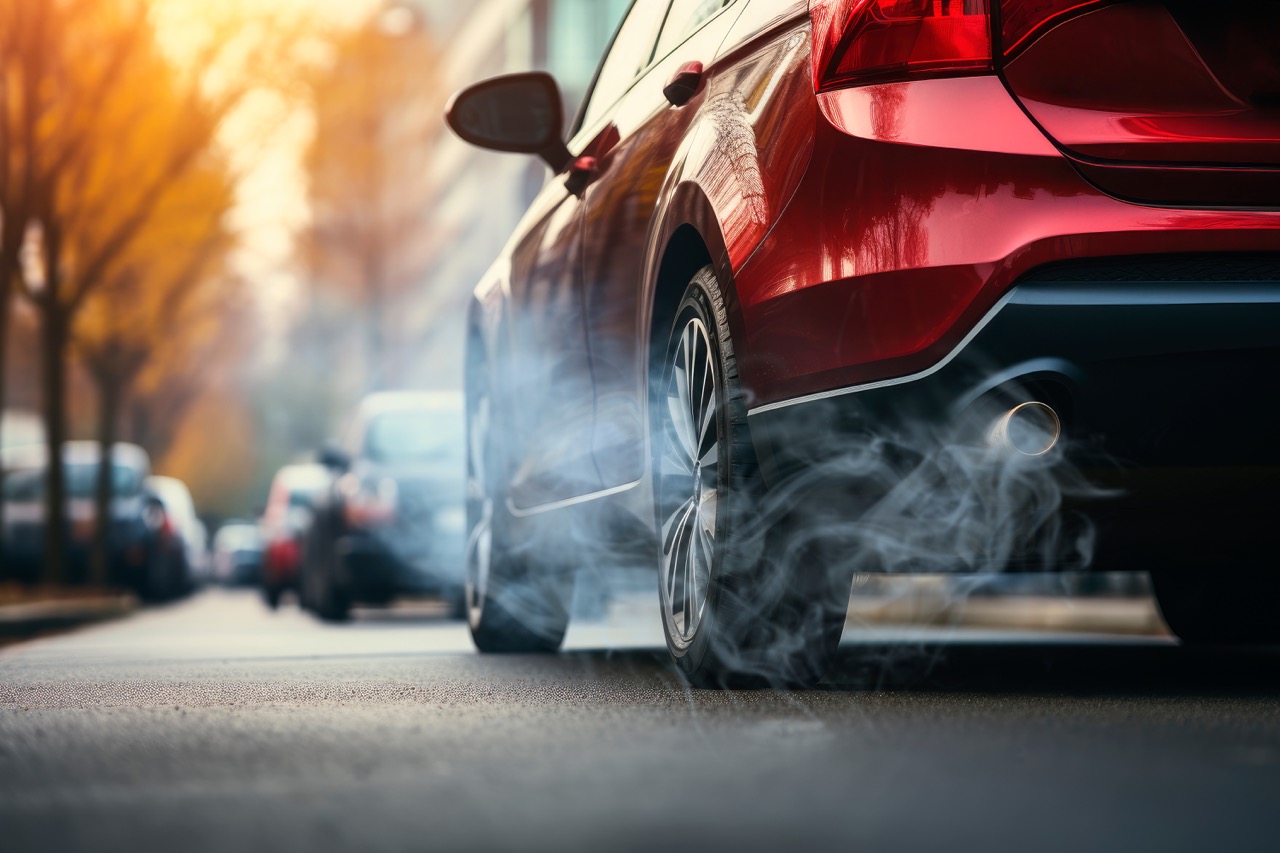
There’s an old adage that technology becomes obsolete the moment you open up the box. While this sentiment is a bit hyperbolic, the lesson is still a relevant one: any product of technology makes what came before it outdated, even as it is eclipsed by the next big thing. This isn’t solely unique to personal electronics but considering how quickly innovation occurs in today’s world, feeling like something is outdated the moment you open the box is only natural.
This phenomenon occurs with cars as well. Many have spoken of the “buyer’s remorse” they feel when, after purchasing a new car, they realize the worth of the car has diminished the second they drove it off the lot. Where does this feeling come from?
Surely, there must be some truth to the idea of new cars immediately depreciating in value if we all collectively feel it. Let’s take a moment to explore what depreciation is, how it works, and why regularly scheduled tune-ups at our West Jordan car repair center can be one of the best gifts you can give yourself.
What is Depreciation?
At its core, depreciation is simply the process of a car losing its value. This can happen to cars of all makes and models, old and new, though the rate of depreciation may be affected by certain factors. Naturally, depreciation hits newer cars harder than older cars, showing the most value lost over a short period of time.
- Within the first year of purchase, new cars depreciate 20% in overall value.
- Each subsequent year knocks off an extra 10% of the car’s value.
- By five years, it has lost about 50% of its value and will continue to decline until roughly its 10-year mark.
Of course, this trend is typical for the average lifespan of a car. In times of crisis, when cars are hard to come by, vehicles that might normally depreciate in value are actually becoming more valuable — even within the first year after purchase. Such a phenomenon is occurring right now.
Thanks to the extreme shortages of chips for the cars’ motherboards, rubber for the tires, and the raising in price of some of the manufacturers’ most essential materials, new cars are virtually impossible to get a hold of. This is leading to a once-in-a-generation occurrence of people returning to the dealership with their used cars and getting more for them than what they paid. Now, more than ever, you might be preserving the worth of your car by keeping it in optimal condition, making a trip to Master Muffler more important than ever.
Why Does Depreciation Happen?
As was hinted above, there are a number of factors that influence a car’s depreciation. Some are inherent to the nature of time and technology, others are a product of how we as drivers treat the vehicle. These reasons include:
- Age: Old cars, unless counted as an important slice of history and in factory condition, are generally considered to be worth less than the year they were made.
- Obsolete Technology: Just like how your cell phone feels suddenly insignificant once you’re holding the next model, your car’s internal technology can easily be outpaced by the newest features of current-year vehicles.
- Body Condition: Sometimes, buying a car is like buying a horse — you need to take it for a ride and see how it runs its paces. A horse that is worse for wear and has run a few too many miles, is best left retiring. Drivers that have neglected their car’s body and upholstery can’t expect much (if any) value to remain.
While there isn’t much that can (reasonably) be done about the vehicle’s onboard technology, regular trips to our West Jordan car repair center can help stem the rate of depreciation by keeping your car in great working condition. A simple oil change or checking out its emissions will mean a lot more when you’re trying to sell your car in the future.
Related Posts
As an EV owner, understanding your vehicle's battery is critical. From its capacity to its lifespan, and everything in between, we'll guide you through what you need to know to optimize your EV experience. So buckle up and get ready - we're about to shed some light on the electrifying world of EV batteries. What [...]
If your car is running hot, it can be a sign that something’s not right with your engine. Fortunately, diagnosing the cause of an overheating engine isn't too difficult if you know what to look for and how to address it. Keep reading if you want to learn the most common issues that occur when [...]
Your vehicle's exhaust system serves a critical role in managing the byproducts of the combustion process and ensuring optimal engine performance. The appearance of colored smoke from the exhaust pipe, either when stationary or accelerating, can provide valuable clues to underlying mechanical issues. What is a car exhaust? A car exhaust is a system [...]





